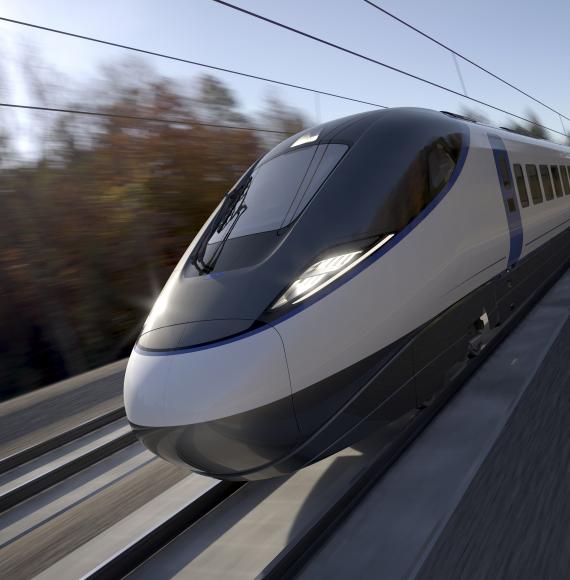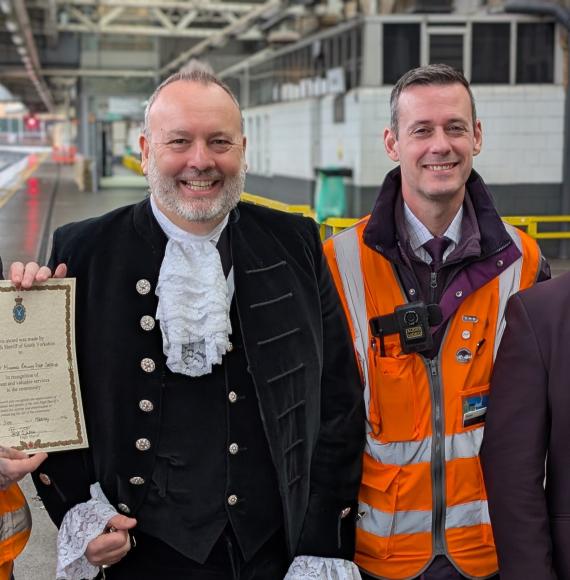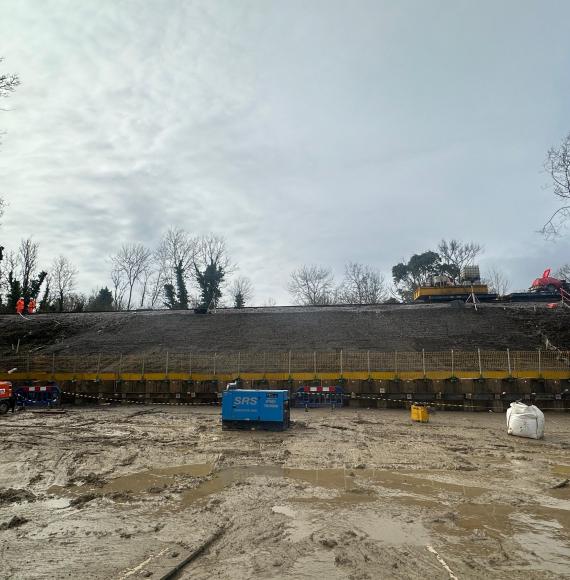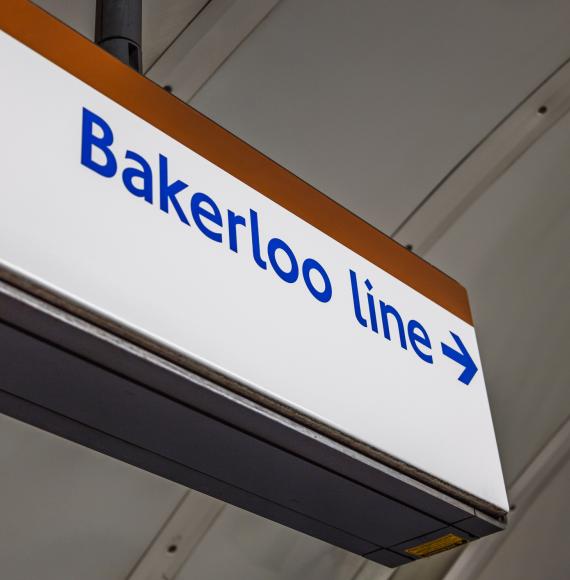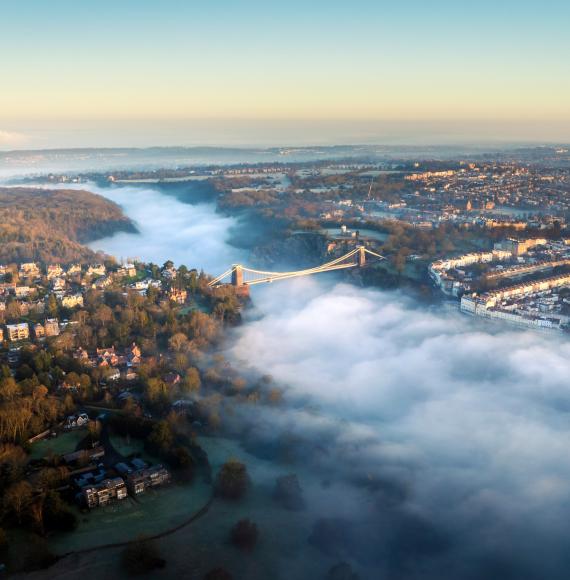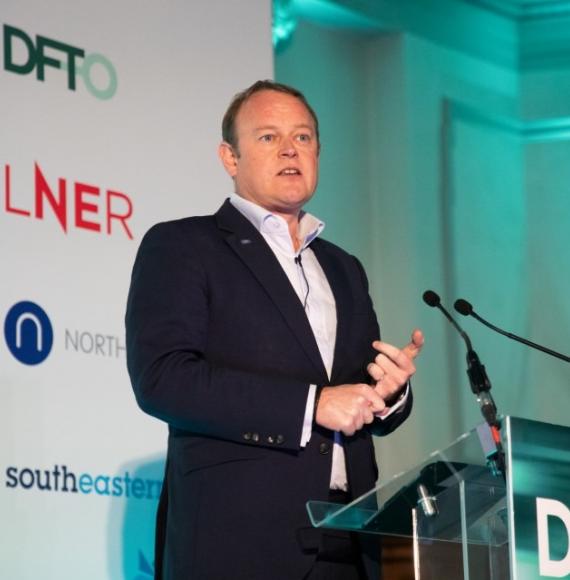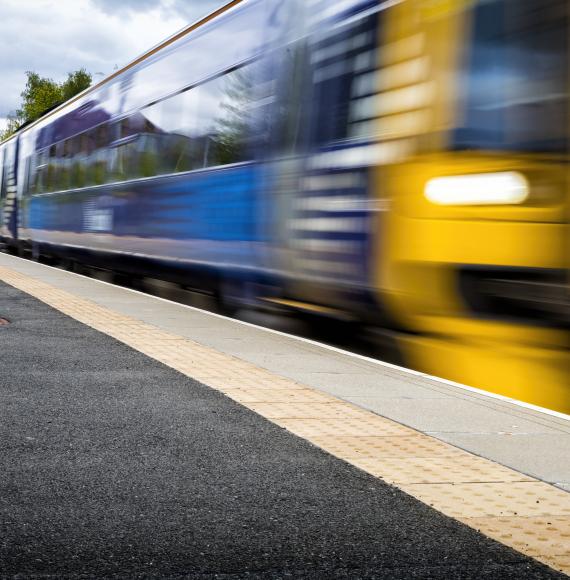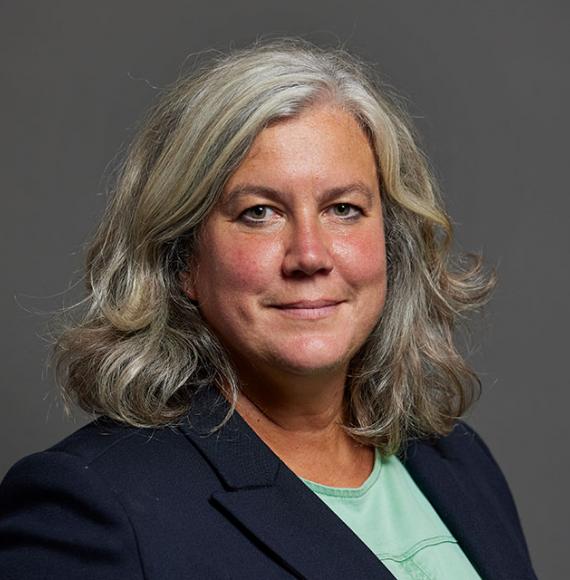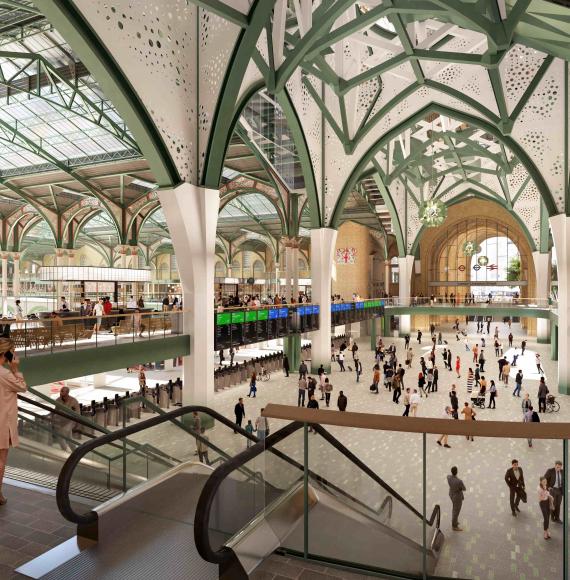RIA Conference Day 1 - Build Back Rail
Despite numerous events being cancelled this year, RIA’s Annual Conference has still found its way into our calendars. Although, this year it's slightly different with everything being hosted online, they have still managed to structure a fantastic event.
RIA member companies of all sizes with clients, industry leaders, influencers, international guests and policy makers are still being brought together for three days of informative discussions and networking.
Today (4 Nov) marked the first day of the event. The morning began with a speech from Darren Caplan, Chief Executive of RIA.
He told his virtual audience that we should remember the vital role rail played in the first lockdown. Despite many ups and downs, rail passengers have still doubled in the past 25 years and we need to ensure we have a railway fit for the future.
He also delved into how the industry has a significant part to play in the country’s economic recovery, post-Covid, by delivering economic benefits through decarbonisation.
RIA also yesterday released their ‘State of Industry Survey,’ which Darren referred to in his speech.
He revealed that the survey had found that railway decision makers are pretty much split down the middle on the prospects for the rail supply industry in the coming year, with 35% saying the industry is likely to grow and 36% saying its likely to contract, with 25% saying it will stay the same.
Another finding was that two in five (40%) railway business leaders say they are not confident the Government will promote the railway industry as one of the UK’s key economic sectors when negotiating future trade deals, while 28% are confident it will.
Darren said: “We urge the Government, as it seeks to ‘Build Back Better’, to also help the railway industry ‘Build Back Rail’, utilising the dynamism and innovation of the sector to generate jobs, investment and economic growth across the country, at a time when the UK, and its town and communities, so vitally need it.”
Attendees were next treated to a talk from Transport Commissioner for Transport for London, Andy Byford.
He said: “It is no exaggeration to say our business at TfL was completely flipped on its head during pandemic. We want to demonstrate to Londoners that we are absolutely there for them in a time of need.”
Byford paid tribute to TfL’s hard-working staff who continue to work tirelessly to ensure the network is safe and clean for travellers.
The £1.7 billion bailout TfL received over the weekend was praised by Andy, he said: "We negotiated hard and it is a fair deal to keep London moving"
He concluded his speech by saying he will make the case that TfL is part of the solution and not the problem and it can be the engine to power London and the UK to an economic recovery.
Next up on the agenda was a panel discussion surrounding ‘A 30-year plan for rolling stock.’ Discussion and questions ranged from building back better, decarbonisation and accessibility.
In terms of the future for rolling stock, Susie Homan, Director of People, Operations and Railway Strategy, Rail Delivery Group said, “Plans need to be joined up with the whole industry. This then allows people to work together to deliver that.”
Furthermore, Steve White, Chief Operating Officer added, “This pandemic has given the rail industry a huge shock. There’s merit in a 30-year strategy, not a plan. It would need to compliment the recent Decarbonisation plan. A 30-year strategy that helps the industry build back better, greener and faster is what new need.”
With regards to accessibility on rolling stock, Mik Scarlet, Mik Scarlet Company, said, “Disabled people want to travel as anyone else would. It’s shocking to me we’re still building rolling stock without this access. If the rolling stock isn’t accessible, we’re never going to see stations improve.”
Electrification was also deliberated; Tim Jenkins, Chief Executive Officer, Gemini Rail Group, highlighted the impending big opportunities coming with electrifying the railway. Mary Grant also added that we can improve the quality of diesel trains to meet the needs of the network as alternatives which aren’t ready yet for operations.
The afternoons first panel discussion came from the Rail Supply Group.
Chair of the Rail Supply Group, Phillip Hoare, began by outlining their three ‘act now’ priorities, which are work and pipeline visibility, better and simplified access to data for customers and access to the railway.
Anna Delvecchio, Development Director - Transportation UK & Europe, Mott MacDonald said they will be piloting an ‘act now’ initiative with key rail bodies which can be “game-changing” and “is absolutely a team effort.”
SMEs were also discussed, Chair of RIA’s SME Group, John Chappell detailed the RSG Covid-19 survey, that highlighted SMEs main concerns were cash flow, pipeline work and access to the market. He encouraged SMEs to press for change but also help the industry understand how we can be more efficient.
The final event of the day was an interview with Mark Thurston, Chief Executive Officer of HS2.
He began by saying they are, “cracking on with the first phase. We’ve got momentum and it’s not just an important project for the industry but the whole country.”
“We mustn’t lose sight of that train is one of the greenest ways to travel. We see HS2 in playing it’s part in our green economy.”
Mark said that HS2 phase 1 will finish in 10 years’ time, and the long-term strategic intent will stay true. The project will also create economic growth and jobs for the UK.
He was also asked what is your vision for how HS2 integrates and accelerates transport plans in the North? He said Phase 2a will be a £6bn scheme for the region, the wider economic case for HS2 is "compelling" when you join up Birmingham, Manchester & Leeds.
He also praised the support from the rail industry for HS2 programme and encouraged RIA members to continue to work with and government to promote the scheme.




